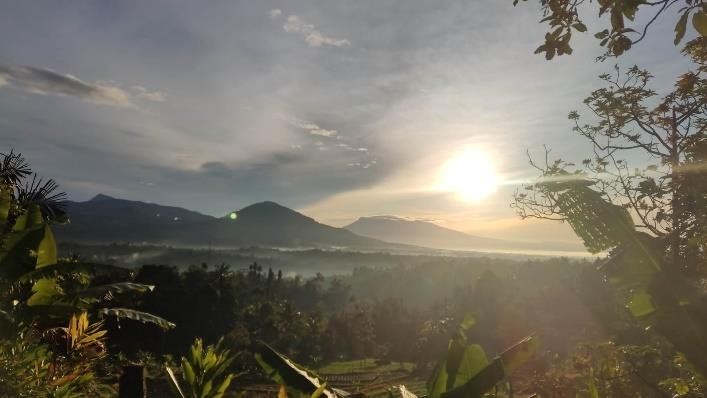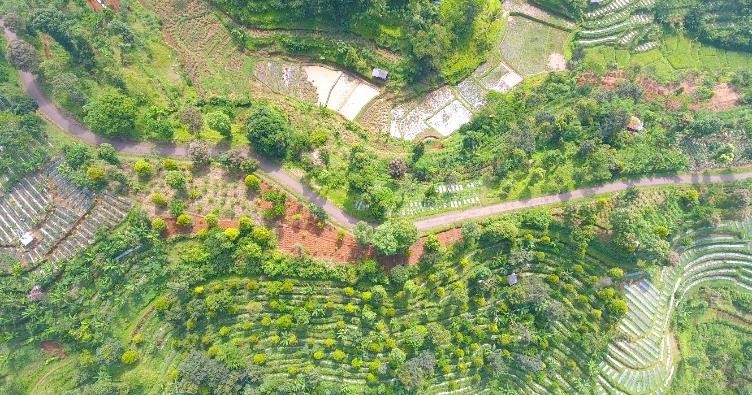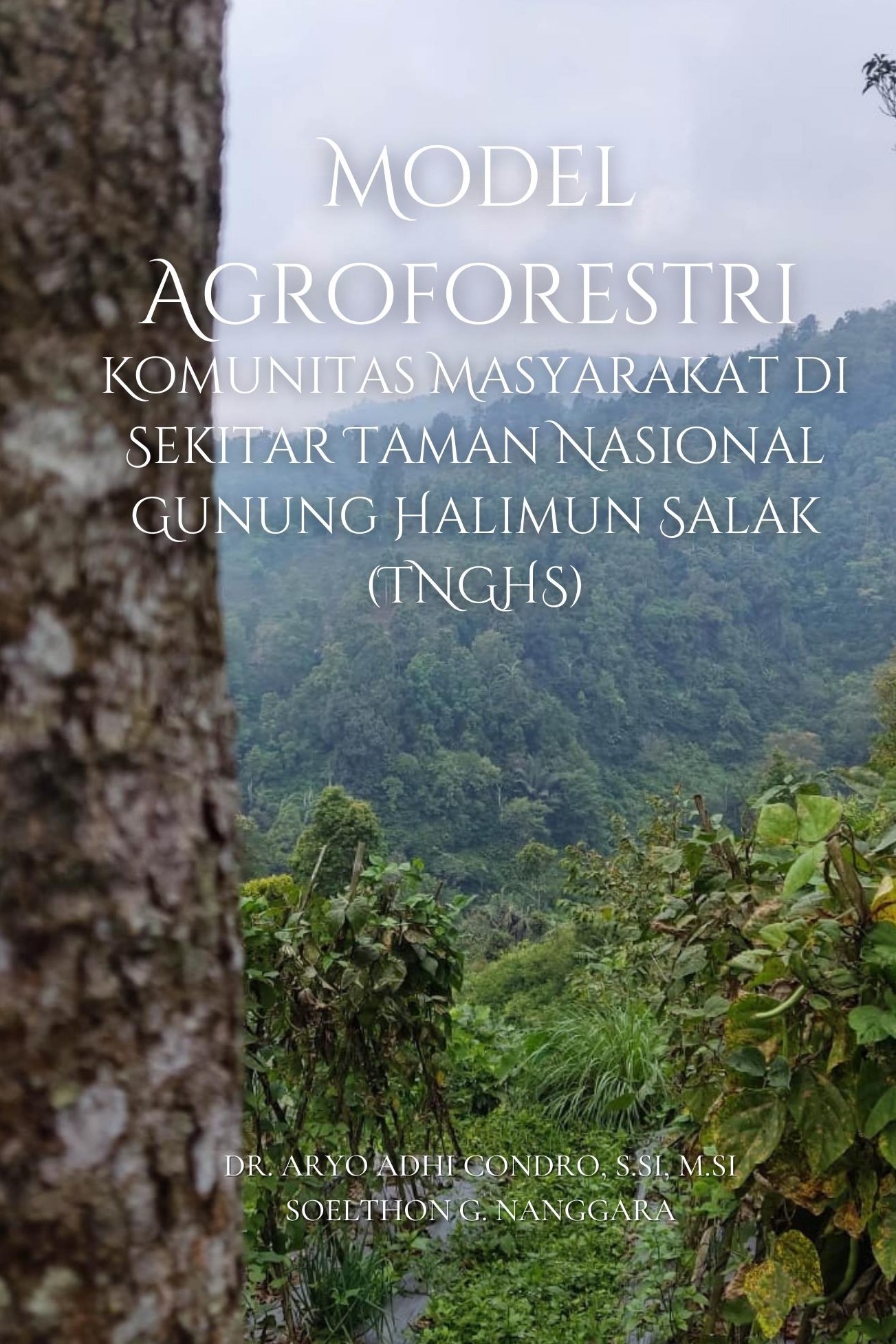Overview Community Agroforestry Model of the Local Communities around Mount Halimun Salak National Park
Mount Halimun Salak National Park (TNGHS) is a landscape that plays a crucial role in absorbing atmospheric carbon and conserving endangered biodiversity (e.g., Javan leopard, Javan gibbon, etc.). Additionally, TNGHS provides environmental services to support the livelihoods of communities around the national park. Activities for the sake of fulfilling the people’s livelihoods (e.g., non-timber forest products and agriculture) around the national park are relatively intensive. Encroachment into conservation and protected areas often occurs due to the low productivity of community lands around TNGHS. Therefore, programs and efforts to improve the ecosystem and local economy around TNGHS are necessary.
Through the Balance Ecosystem Preserve Nature Prosperous People (SELARAS) program, there will be contributions towards the targets of the TERRA Fund Program – Environmental Fund Management Agency (BPDLH) for reducing deforestation, increasing land productivity and community economies, as well as expanding market networks for forest products by strengthening the institutional capacity of Forest Farmer Groups (KTH), opening access to community empowerment programs by the Government, adopting agroecology and agroforestry practices by Forest Farmer Groups, and digital marketing. The implementation of this program will involve local partners such as Absolute Indonesia, one of FWI’s experienced partners in program site facilitation. This program targets 6 Forest Farmer Groups in Cipeuteuy Village and Mekarjaya Village, Kabandungan District, Sukabumi Regency, West Java Province. In pursuit of its goals, the program adopts an approach to enhance community capacities in three main aspects, which are institutional management, area management, and business management.

Cipeuteuy Village and Mekarjaya Village are located in Kabandungan District, Sukabumi Regency, West Java. The majority of residents in these two villages earn their living as farmers by cultivating vegetables, crops, rice, and fruit trees, including coffee and sugar palm trees. Previously, agricultural activities in this area were conducted through an agroforestry system under the Community Forest Management Scheme (PHBM). However, since the issuance of Minister of Forestry Regulation No. 175/Kpts-II/2003 in June 10, 2003, regarding the expansion of Mount Halimun Salak National Park (TNGHS) from its original 40,000 ha to 113,359 ha, there have been implications for the PHBM areas, resulting in the decrease of access for the community and increase of conflicts. The issuance of regulations on Conservation Partnerships has become a turning point in resolving conflicts between communities and TNGHS, which has opened opportunities for communities to gain access to utilize land. In the context of legal access to utilization in conservation areas, farmer groups who cultivate lands in these two villages are using the Conservation Partnership scheme.
Therefore, FWI, supported by the Environmental Fund Management Agency (BPDLH), will continue to provide facilitation to support farmer communities within the TNGHS area, especially the six Forest Farmer Groups in Cipeuteuy Village and Mekarjaya Village, to manage and preserve forest areas sustainably and continuously, so that it will be able to increase farmers’ income (income generating) through intensification (enrichment) of agricultural management by developing agroecology techniques and/or planting trees with several function (Multi-Purpose Tree Species). Thus, this program also contributes to restoring ecological functions, preventing deforestation, biodiversity loss, and community conflicts.

In implementing the SELARAS program, several critical studies are conducted to support the program and provide references for future planning. As known, Forest Farmer Groups (KTH) are obligated to develop Annual Work Plans (RKT) together with TNGHS post obtaining legal access to manage Conservation Areas in the form of conservation partnerships.
One of the required studies as a reference is the study on the suitability of plant types in the KTH area. Learning from the experiences of previous rehabilitation programs, the types of plants to be planted must not only be suitable agro-climatically but also consider the preferences of the local community to ensure the success of the planting program. Therefore, the suitability study of plant types conducted in this SELARAS program includes at least three aspects, which are: i) land suitability analysis based on agro-climatic conditions for potential commodities such as nutmeg, coffee, and avocado; ii) conducting local preference studies to determine the acceptance of Forest Farmer Groups towards proposed commodity types for planting; and iii) building projections of land cover changes with specific commodity types proposed in the context of increasing carbon reserves.
More details can be downloaded at the link below:




